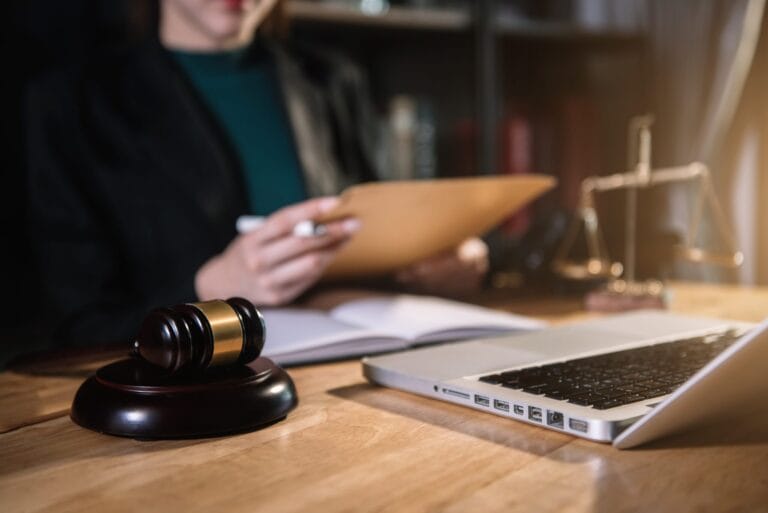Court reporters are tasked with, arguably, the most important role in your deposition. Accurately recording the proceeding is essential for trial preparation, motion practices, impeachment, or appellate review. All too often, attorneys are unaware of how their actions will impact the reporter and, by extension, the official record. In this article, we’ll take a closer look at ways you can enhance the record during your next deposition.
Let’s get started!
Eliminate Interruptions & Simultaneous Speech
It goes without saying that cross-talking creates major problems for the court reporter. When participants begin to cut each other off or speak over each other, it forces the reporter to interrupt and ask for clarification. Furthermore, simultaneous speech can lead to the loss of case-critical testimony, the inability to appeal evidentiary and procedural errors, or the cost of conducting the same proceeding twice.
While one or two instances of cross-talking are unlikely to throw off your overall strategy, every time the court reporter has to ask for clarification, you could be approaching the deposition time limit. In many jurisdictions, counsel is prohibited from conducting a deposition that lasts longer than 8 consecutive hours. By speaking one at a time, you’ll ensure a more pleasant and efficient proceeding, as well as a more accurate record.
Professionalism & Preparation
Never underestimate the power of active listening and a positive attitude! Regardless of your differences, you’ll need to be civil and professional when interacting with the opposing party. Approaching a witness in a combative manner is unlikely to produce a compelling and comprehensible record for the jury.
Prepare the Witness
Most deponents feel some degree of anxiety about the deposition process, but you can mitigate that anxiety with good preparation. Explain the importance of an accurate deposition transcript and emphasize the need to avoid interruptions. The witness should also leave a small pause between hearing the attorney’s question and delivering a response. This will give the witness more time to think, but it will also ensure that the court reporter has time to catch up. Lastly, remind the witness that they should stop speaking the second an objection is raised. This advice is critical because it can enhance the record and help avoid unwanted disclosures.
Final Thoughts
Thanks for reading! We hope we’ve given you some useful tips that you can use to enhance the record the next time you’re attending a deposition. If you enjoyed this article, feel free to share it on social media!
When you plan your next deposition, don’t forget to take advantage of our plentiful deposition tools. We provide services including remote court reporting, concierge remote exhibit management, remote videography, and full-time tech support for your remote depositions, arbitrations, court hearings, trials, and other proceedings.





